Master Gardener Program: Should You Consider It?
Team PlantTAGG2024-09-25T09:24:59-06:00Master Gardeners are volunteers. They are dedicated to providing horticultural education and volunteer service in the county where they reside and beyond. To become a certified Master Gardener, you must receive extensive training in research-based horticultural practices from your local County Extension office.
This article explores the Master Gardener program, what it takes to become certified, and why you might want to join them. We also discuss one of our favorite projects: the new mobile experience in the Dallas County Master Gardener school and community gardens!
How to Become a Master Gardener
The first step toward becoming a Master Gardener is to complete an application. You can apply through your County Extension office’s website. Once you’ve submitted the application, you will be granted an interview. During the interview, you will receive information about your local program.
Master Gardener programs usually offer a core training curriculum. Typically, each program has content that is applicable to that region’s climate and soil.
Master Gardener Classes
You must complete the program training and volunteer hours within your first year to become a certified Master Gardener. And, volunteer service hours and continuing education are required to maintain certification. The classes usually are held for about four hours per week. Most classes are held during the day, but they are often recorded to allow flexibility for working students.
Each week focuses on a specific horticultural topic and follows university-based research. The program offers instruction on a variety of topics. Additionally, participants must complete weekly reading assignments, homework, and a comprehensive final exam.
Popular Master Gardener Class Topics
- Soil Science
- Botany
- Lawn Care
- Weed Control
- Pest Management
- Ornamental Trees and Shrubs
- Vegetable Gardening
- Home Fruit Production
- Perennials and Annuals
- Water Conservation
Responsibilities & Opportunities
In exchange for training, participants are asked to volunteer a minimum of 50 hours to their county’s AgriLife Extension unless special arrangements are pre-approved.
Master Gardeners are accountable to an Extension agent to report on progress and complete planned activities. Most of the activities are interagency projects. Typically, you’ll work with approved community projects, schools, parks and recreation departments, nursing homes, and the community at large.
Master Gardeners have extensive knowledge and expertise in horticulture, which offers them a wide range of opportunities. For example, some of the more common options involve paying it forward and sharing knowledge with the local communities. Volunteers may opt to help maintain research, work on education and demonstration gardens, answer questions in on-site gardening presentations, or participate in community outreach events.
Several activities can be done remotely, such as work on monthly horticultural newsletters, answering questions via email or in forums, contributing to the Master Gardener Handbook, or helping set up and maintain local gardening websites.
Who can become a Master Gardener?
The Master Gardener program is a unique opportunity. It allows you to give back to your community while learning more about gardening. Anyone interested in extensive horticultural education can become certified. In addition to the time required for training, you must be willing to complete a minimum of 50 hours of volunteer service.
In the United States, all 50 states have active Master Gardeners. According to the 2018 Extension Master Gardener survey, there are about 86,076 volunteers in the United States today. Dallas County has one of the largest Master Gardener programs in the country. We’ve been fortunate to work directly with this incredible group of individuals on the PlantTAGG and Dallas County Master Gardener Association (DCMGA) partnership over the last few months.
If you want to learn more about gardening and plant care trends or the Master Gardener programs in your area, reach out! We’d love to hear more about your journey and see how PlantTAGG can be a resource for you and your local community.
For now, try PlantTAGG by downloading our app from the Apple or Google Play app stores.




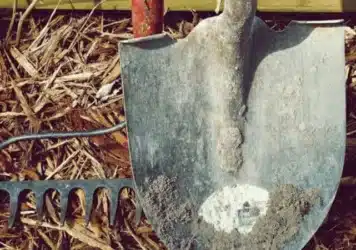
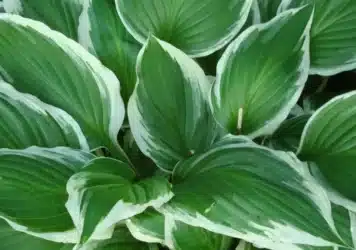
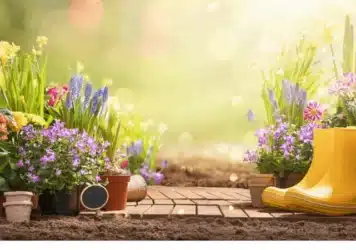
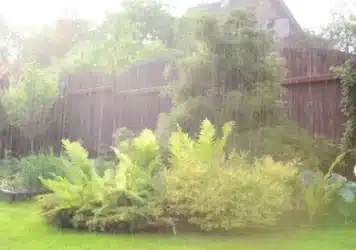

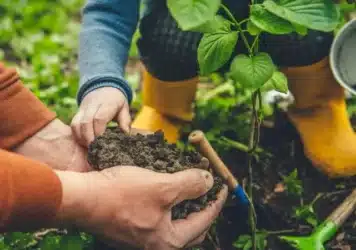


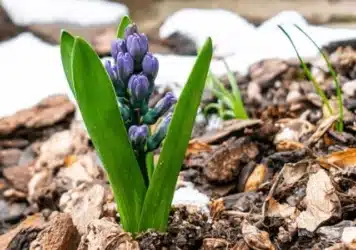
Leave a Reply